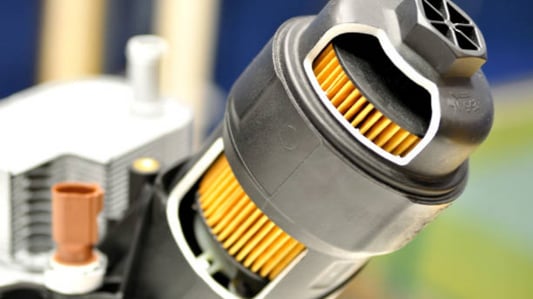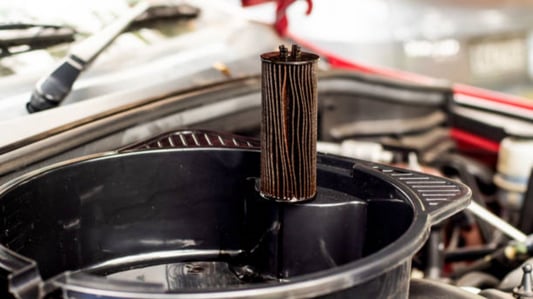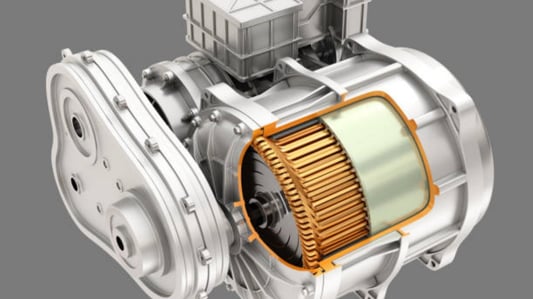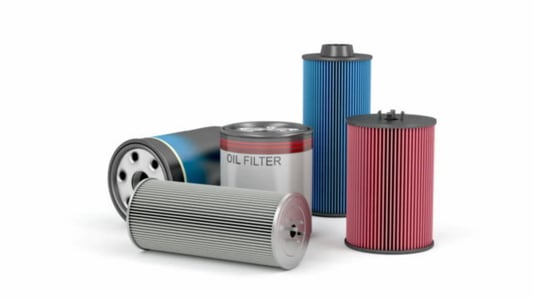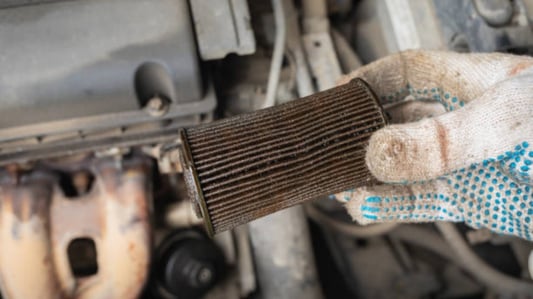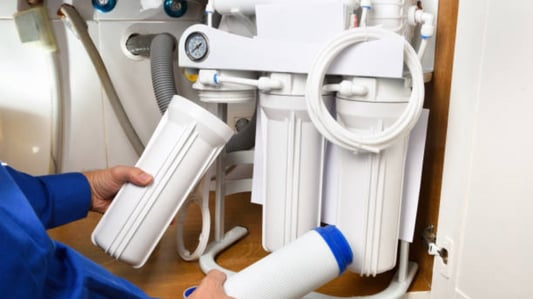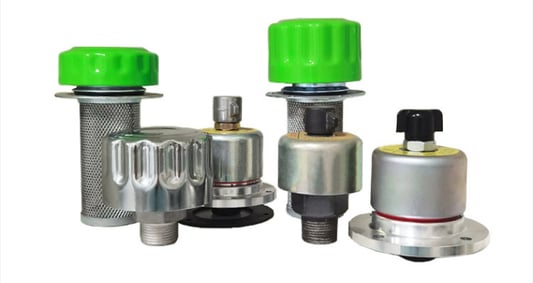Introduction:A spin filter, also known as a centrifugal filter, is a device used in various industries to separate solids from liquids or gases. It utilizes centrifugal force to separate the particulate matter from the fluid, ensuring cleaner and purer end products. In this article, we will explore the purpose of a spin filter and its applications in different fields.1. Efficient Particle Removal of a Spin Filter: A primary purpose of a spin filter is to efficiently remove particles from a fluid stream. Whether it is water, oil, or gas, these filters can effectively separate suspended solids, contaminants, or impurities. By spinning the fluid at high speeds, the centrifugal force pushes the particulate matter towards the outer wall of the filter, allowing the clean fluid to pass through.2. Enhanced Product Quality:Spin filters play a crucial role in improving product quality in various industries. For example, in the pharmaceutical industry, spin filters are used to remove impurities from drugs and medications, ensuring their safety and efficacy. Similarly, in the food and beverage industry, these filters help remove unwanted particles, ensuring a higher standard of quality for consumable products.3. Protecting Equipment:Another important purpose of a spin filter is to protect downstream equipment from damage. By removing solid particles from the fluid, spin filters prevent clogging or fouling of pipes, valves, and other sensitive equipment. This not only extends the lifespan of the equipment but also reduces maintenance and operational costs.4. Oil and Gas Industry Applications:In the oil and gas industry, spin filters are widely used to separate solids, such as sand and sediment, from drilling fluids. This helps maintain the integrity of the drilling equipment and prevents blockages in pipelines. Spin filters are also used in refineries to remove impurities from crude oil, ensuring the production of high-quality petroleum products.5. Water Treatment and Filtration of a Spin Filter:Spin filters are extensively used in water treatment plants and filtration systems. They are capable of removing suspended solids, algae, and other contaminants from water sources, making it safe for consumption or industrial use. Spin filters are particularly effective in removing fine particles that may not be effectively removed by traditional filtration methods.6. Industrial Process Optimization of a Spin Filter:Spin filters are employed in various industrial processes to optimize efficiency and productivity. By removing impurities and particulate matter, these filters help maintain consistent flow rates, reduce downtime due to equipment failure, and improve overall process performance. Industries such as chemical manufacturing, mining, and power generation benefit greatly from the use of spin filters.7. Environmental Protection of a Spin Filter:Spin filters contribute to environmental protection by ensuring cleaner discharge of effluent or emissions. Industries are often required to meet strict environmental regulations, and spin filters help in achieving compliance by removing pollutants before they are released into the environment. This helps minimize the impact on ecosystems and ensures a sustainable approach to industrial operations.8. Research and Laboratory Applications:Spin filters find applications in research laboratories and scientific experiments. They are used to separate cells, proteins, or other biomolecules from biological samples. Spin filters with specific pore sizes can be selected to retain desired molecules while allowing unwanted substances to pass through.9. Pharmaceutical Manufacturing of a Spin Filter:In the pharmaceutical manufacturing process, spin filters are utilized to purify drug formulations and remove any particulate matter or impurities. This ensures the production of safe and effective medications. Spin filters also aid in the separation and purification of active pharmaceutical ingredients (APIs) during drug development.10. Waste Management of a Spin Filter:Spin filters play a role in waste management processes, particularly in the treatment of industrial wastewater. They help remove solid particles, heavy metals, and other contaminants, improving the quality of treated water before it is discharged into the environment or reused for other purposes. This helps reduce the environmental impact of industrial activities.Quote InquiryContact us!


